Hoteliers imagine the impacts of running out of diesel fuel:
Your resort is fully booked. Newlyweds, beach enthusiasts and families are arriving at any moment for their long-awaited vacations.
It’s time for the scheduled weekly meeting with your purchasing agent to ensure you have everything to keep the guests happy and comfortable. After all, guest comfort is paramount. However, the meeting doesn’t go as you anticipated. Your capable manager informs you that despite her best efforts, the next shipment of diesel generator fuel, that powers the HVAC/ air conditioning and ensures hot water, is delayed. You will run out of current stock midweek.
What a nightmare! Your mind is racing as you consider the impact:
- Your resort relies heavily on word of mouth. Will the guests recommend your resort to tourists considering future island vacations?
- TripAdvisor reviews are what most visitors use to make accommodation decisions: When guests realize that they will not have the amenities promised midweek, what impact will that have on your 5-star rating?
- How much is it going to cost the resort to recover from this type of situation?
Yes, the long-term impact could be significant. Unfortunately, people are more likely to rant than rave online, when disappointed. You will potentially have to offer a discount to the guest for their inconvenience. You will have to pay for good PR to mitigate the negative social media reviews that were posted out of frustration. All along realizing you have little to no control over the cost and timing of fuel deliveries and storing excess inventory of fuel is also not economical.
This could happen again at any time. Or this situation could be avoided, by becoming more energy independent!
How Renewable Energy Can Solve Dependence on Generators
Travelers are more likely to visit a new destination if they know, without a doubt, that they will be comfortable and have access to amenities that they are used to having at home – such as hot water and air conditioning.
Resorts and hotels in Fiji, like many in the Pacific Small Island Developing States (SIDS), can struggle with access to dependable and affordable energy sources. Often the primary source for energy is fossil fuels, used in generators, which is expensive for island countries like Fiji to procure. In 2010 the electricity price in Pacific Island Countries ranged between USD 0.17 and 0.51/kWh. In 2012 the average electricity price was USD 0.33/kWh in the Caribbean islands and Mauritius, and USD 0.43/kWh in Hawaii. This is in comparison to an average price of about USD 0.26/kWh in EU member states, and only USD 0.09/kWh in China and Canada (European Commission, 2014). Island nation resorts are hotels highly susceptible to volatility in fossil fuel prices and availability.
Fiji’s goal is to be 99% renewable energy by 2030. While this is an aggressive plan, clean energy is a great choice for Small Island Developing States (SIDS), like Fiji. Sustainable energy is dependable, affordable, and readily available.
Reliable electricity at Fiji resorts and hotels, is a win/ win for all involved. Tourists feel comfortable booking with resorts that provide reliable electricity for amenities, and non-fossil fuel-based energy is as, or more, reliable than fossil fuels on islands like Fiji. Additionally, clean power generation attracts eco-friendly tourists, particularly millennials. This allows for a competitive advantage/market niche namely, eco-tourism. Sustainable energy choices are better for the island overall:
- The renewable energy source- be it solar, wind, biomass or seawater- has a less overall polluting impact on the land and water that the island manages.
- Eco-friendly tourists are more likely to respect the land and seek other eco-friendly options for their needs.
- Conservation efforts made by destinations using green energy are likely to receive support from tourists.
Another great aspect of green energy sources is that they are cost predictable and offer cost savings to resorts who chose to implement them. The payback period for investing in renewable energy setups can range from as little as 1 year to 11 years.
Don’t rely on generators to power your facilities. Fiji’s goal of moving to non-fossil fuel-based energy reduces carbon emissions, provides reliable electricity and promotes green lodging options.
Vision Energy Solutions (VES) of Fiji delivers comprehensive energy solutions to residential, commercial, and power plant customers. Focused on renewable energy, our systems are designed to generate electricity sustainably for years.
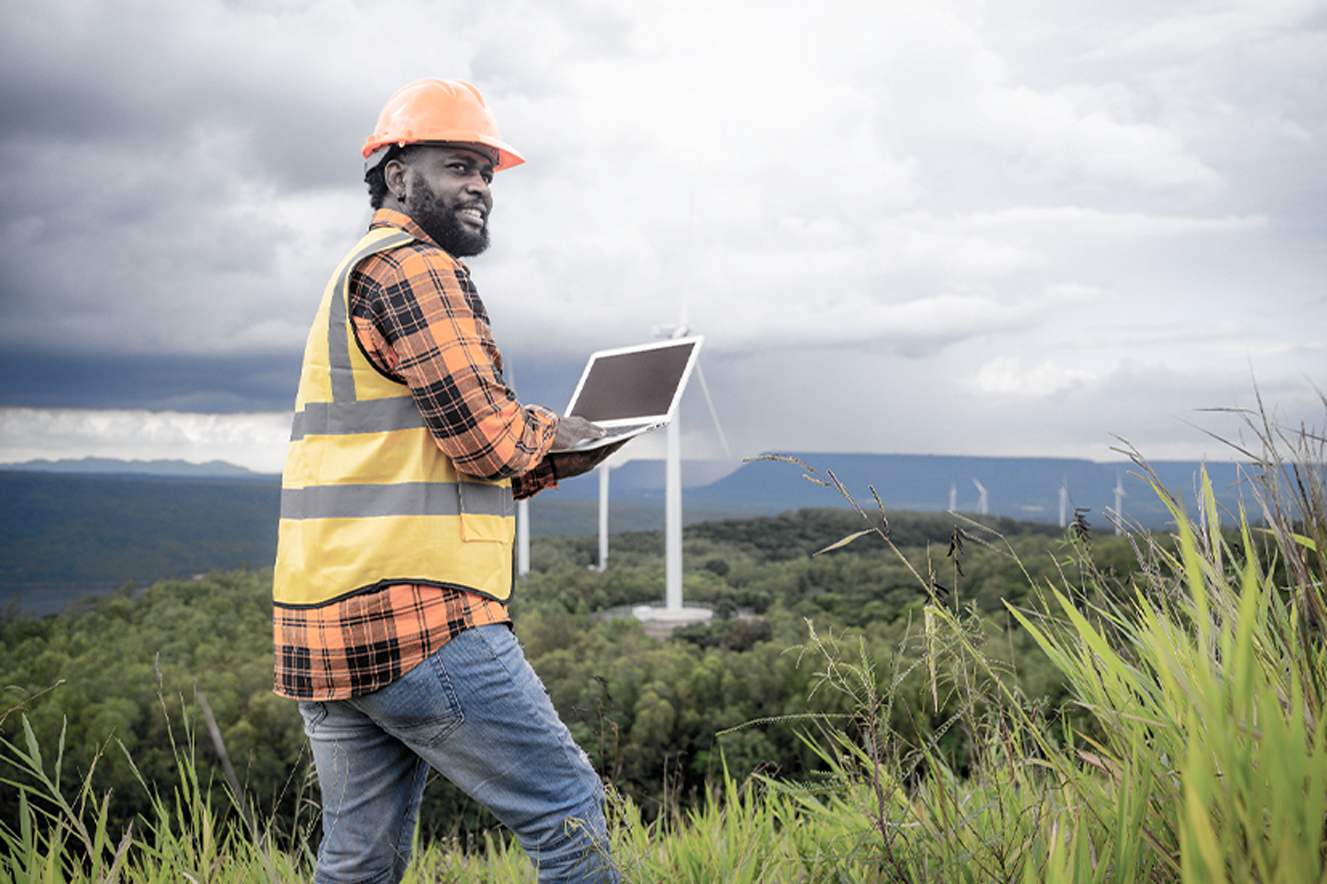
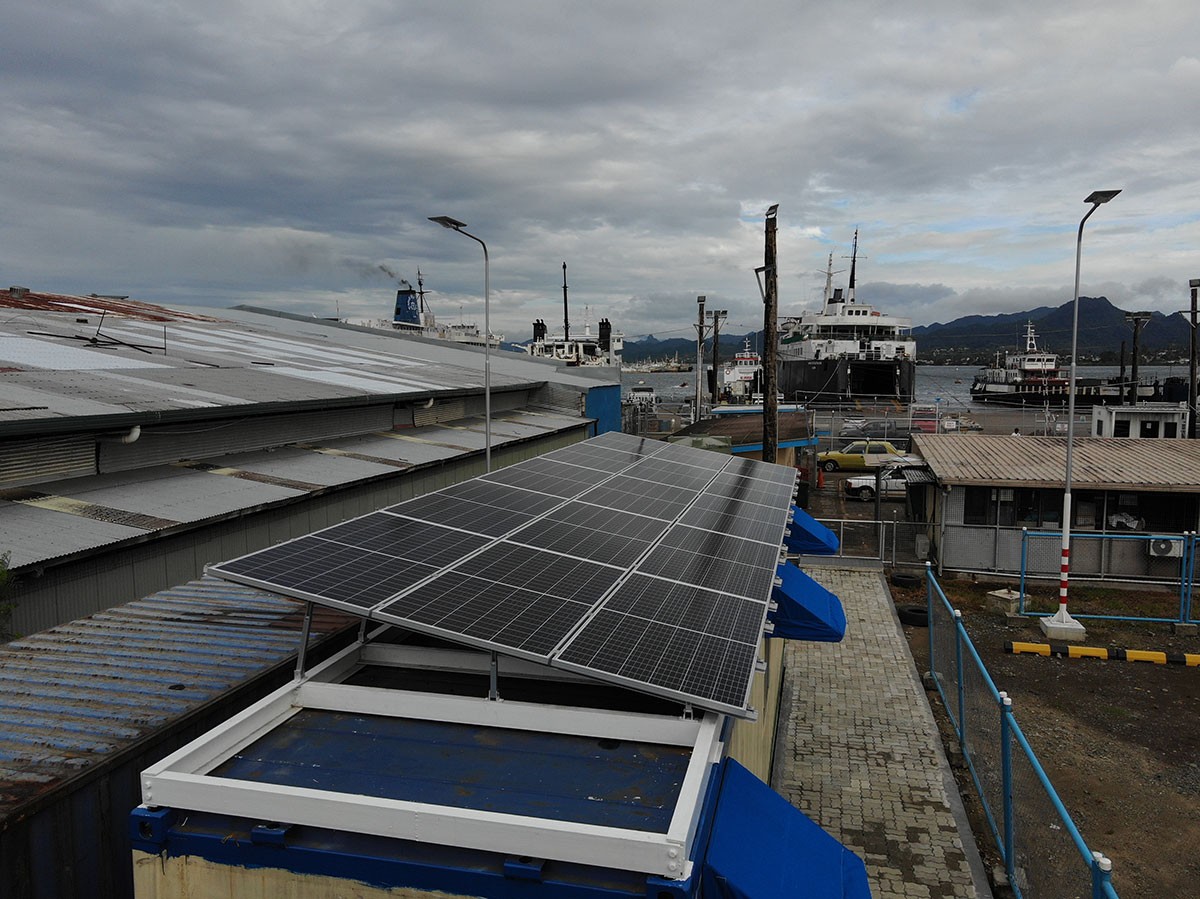

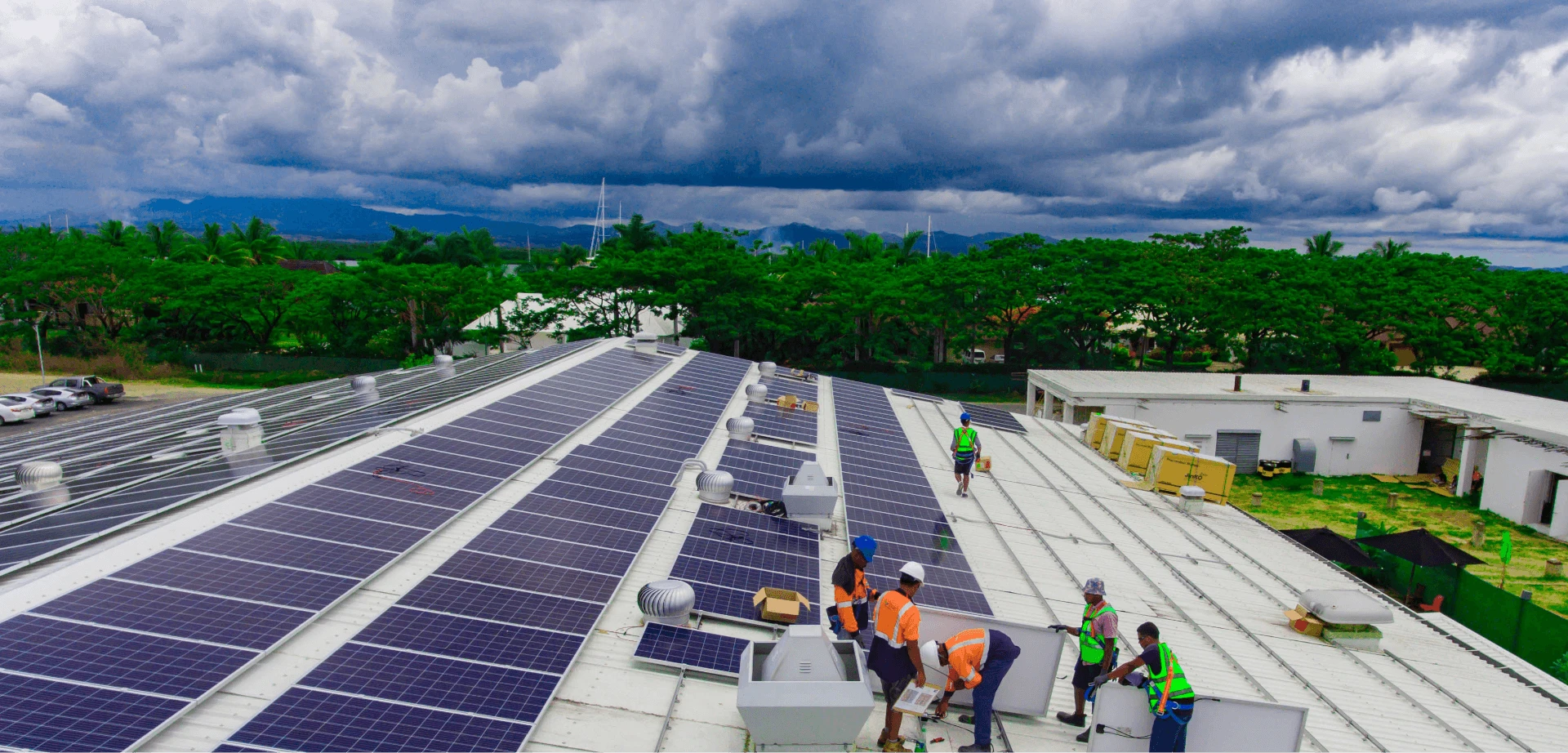
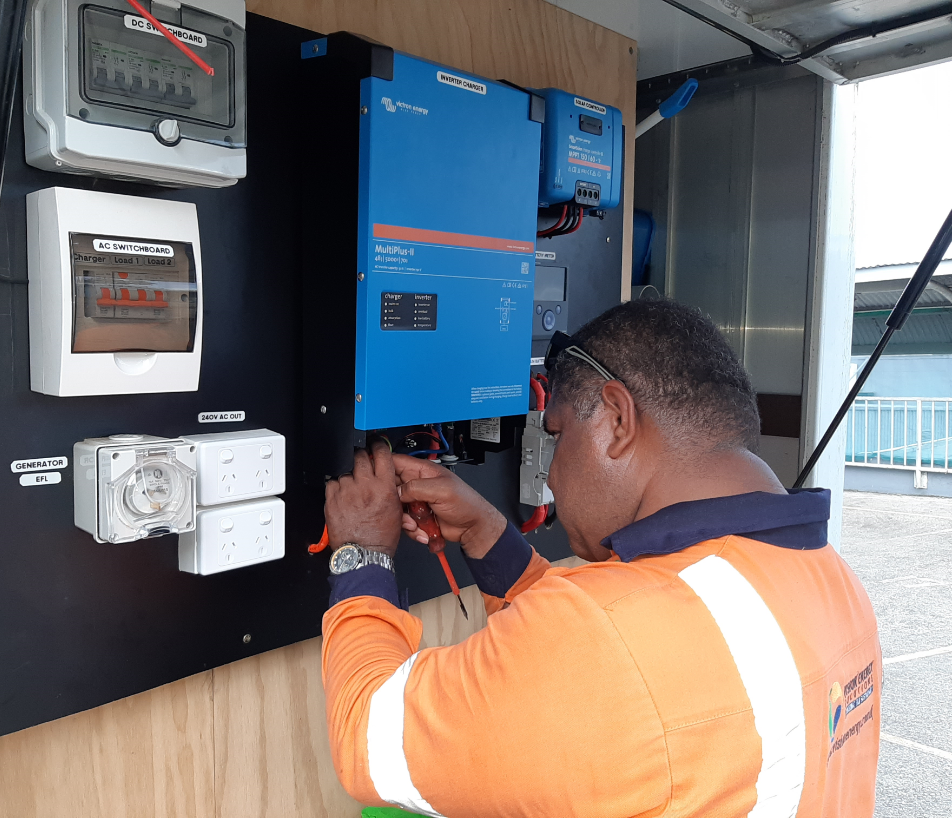
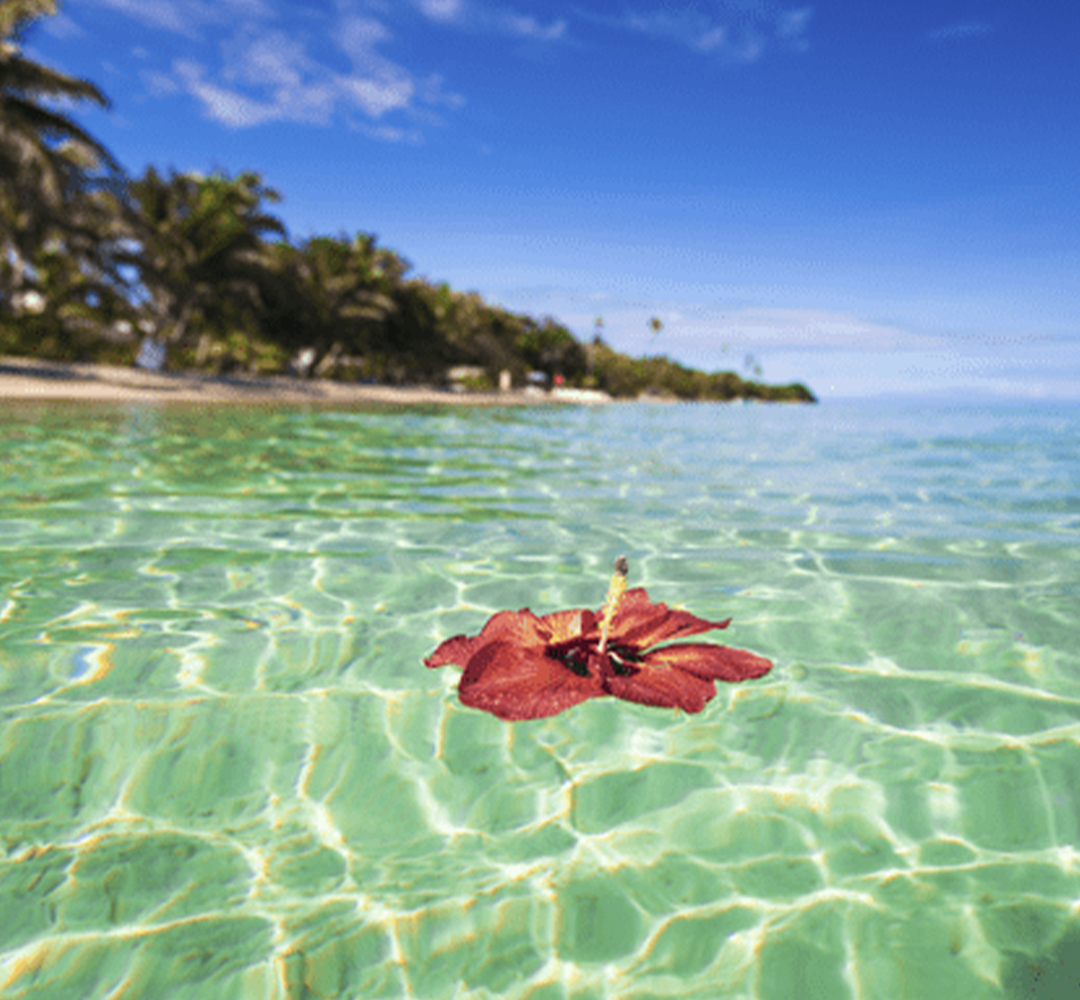
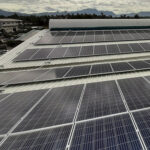
Wow, fantastic blog format! How long have you been blogging
for? you make blogging glance easy. The entire glance of your website is excellent, let alone
the content material! You can see similar here najlepszy sklep